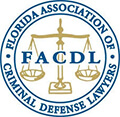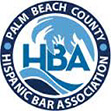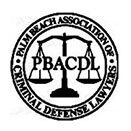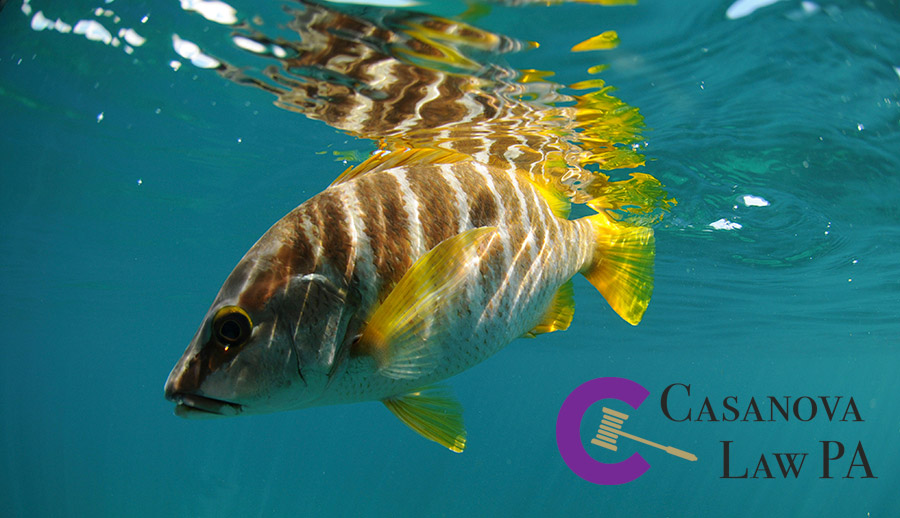For some, fishing is a favorite pastime enjoyed with friends. For others, fishing is the first step in preparing a family dinner. Regardless of one’s purpose for casting a line in the water, it is important to know that regulations exist for this popular activity - and failure to follow these regulations can result in a criminal charge. In the event of a violation, having an FWC violations attorney on your side can make all the difference.
Common Fishing Regulations and Violations
Florida law heavily regulates fishing as part of wildlife conservation efforts. Regulations include limitations on size, species, season, and amount. It is admittedly difficult to keep up with these growing restrictions; however, ignorance on the law is not considered a defense.
Some of the most common fishing violations include fishing without a license, possessing undersized fish, fishing more than the legal limit for a particular species, and fishing a protected species out of season. The list of protected species is lengthy, with popular species such as snapper, grouper, hogfish, wahoo, flounder, snook, swordfish, tuna and mackerel all making an appearance. It is important to note that fishing regulations extend beyond actual fish; one must also use caution when fishing for oysters, crab, lobster, shrimp, scallops and clams.
Fish violations can range from a noncriminal infraction to a misdemeanor or even felony offense. The specific laws and penalties for fish and wildlife cases are outlined in Chapter 379 Florida Statutes, titled: “Fish and Wildlife Conservation.” Details on fishing regulations – categorized under “recreational regulations” - are also found on the Florida Fish and Wildlife Conservation Commission website, with helpful charts, pictures and calendars organized by species.
Accused of a fishing violation – what next? Hire an FWC violations attorney.
You may be reading this because you have already been charged with a fishing violation. This is the case if you have received a formal charging document – the Arrest Report, Notice to Appear or citation. You will likely have to attend court to address your fishing violation. Do not assume that a fishing violation is not a big deal; failure to take action on your fish case can result in a default judgment with a heavy fine or even a warrant for your arrest. The best course of action is to check with an FWC violations attorney - someone who understands the recreational laws fully and who can help you with your next steps.
Upon receiving your charging document, you should immediately check whether the allegation(s) constitute a noncriminal infraction, misdemeanor offense, or felony offense. While you would always benefit from the advice and representation of an experienced criminal defense attorney in any scenario, the severity of your alleged offense should help you determine just how critical it is to seek the help of a professional. If your charging document places you in criminal court, you should seriously consider hiring a criminal defense lawyer who can review the alleged facts, negotiate with prosecutors, and discuss your rights and options with you.
As important as understanding your fishing charge is checking and confirming your court date and location. Many fish violations arise from alleged activity in Belle Glade due to the city’s natural terrain. If a case began in Belle Glade, you will likely have a court date at the Palm Beach West County Courthouse in Belle Glade, Florida. For alleged fishing offenses elsewhere, other possible venues in Palm Beach County include the South County Courthouse (Delray Beach, Florida), North County Courthouse (Palm Beach Gardens, Florida), or the Main Branch Courthouse in West Palm Beach, Florida. You should be aware that your first court date is normally within three to four weeks of the charging date.
Next, you should request discovery - all of the evidence in your case, which could include reports, photos, and/or video - to assess the strengths and weaknesses of the government’s case against you. To get the full picture, you should seek the advice of an experienced criminal defense attorney; an FWC violations attorney with knowledge of fishing cases can not only weigh the facts, but also detect any legal or procedural errors that may be present in the case.
Lastly, you should determine what the offer is for resolving your case, negotiate if possible, and decide whether you should accept an offer or exercise your right to a trial. In weighing your options, you should consider the maximum and minimum potential penalties as compared to your current offer. You should also consider the strengths and weaknesses of your case and whether the government can prove the allegations beyond a reasonable doubt.
Looking for a recreational violations lawyer? Do you need an attorney for an FWC violation? Contact Casanova Law.
Casanova Law is a criminal defense law firm in Lake Worth, Florida that represents clients in fishing and wildlife violations (also known as recreational violations) in Palm Beach County. Leading attorney Lourdes Casanova is a former prosecutor for the 15th Judicial Circuit in Palm Beach County with years of criminal law experience. If you need an FWC violations attorney, we have the experience you will need when it comes time to face the court.
Contact Casanova Law at (561) 236-5340 or [email protected] to schedule a free consultation for your fishing case.








